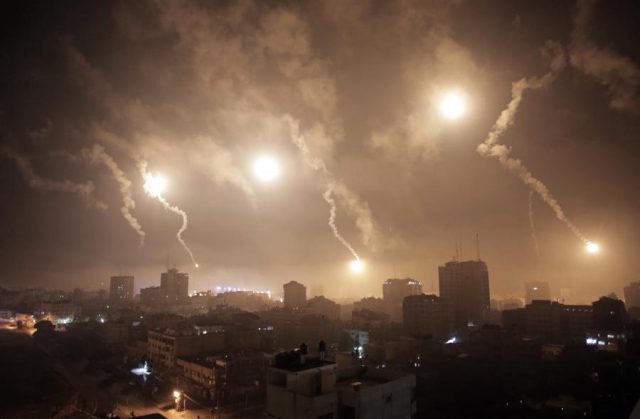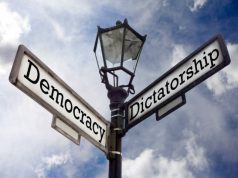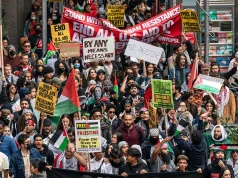By Moshe Shafer
In the midst of escalating tensions and geopolitical complexities, there is an urgent need for
the West to internalize a difficult reality: Iran’s alleged involvement in the carefully planned
and executed attack on Israel on October 7. Despite the initial reluctance of the Biden
administration to definitively attribute the attack to Iran, mounting evidence, as confirmed
by senior American and Israeli intelligence officials, points to a level of cooperation that
cannot be ignored
.
While the collapse of the Hamas organization and the dispersal of the Gaza Strip are
immediate responses that are considered necessary, it is necessary not to lose sight of the
basic issue – a regional and global challenge posed by Iran’s comprehensive influence. For
two decades, Iran has been a major purveyor of terrorism, with its tentacles reaching across
the Middle East and even extending into Europe and Latin America, destabilizing and
threatening democratic principles
.
The prolonged diplomatic dance around Iran’s nuclear project, which gained momentum
during the tenure of former US President Obama, must give way to a more decisive position.
The West must confront the unmistakable truth: Iran stands as an adversary that requires
not only confrontation but eradication. Time for decisive action he is now
The Houthis’ latest actions, which originally targeted Israeli ships, highlight the global
implications of Iran-backed terrorism. Dismissing these incidents as only regional disruptions
may underestimate the strategic importance of key shipping lanes, such as the Gulf of Aden
and the Suez Canal. Instability in this region could send shock waves in world trade, which
would lead to rising prices, food shortages, and could ignite a protracted conflict in the
Middle East
.
A comprehensive solution requires a stronger response – an all-out war against Iran.
Although the idea may seem extreme, the United States, which boasts the most formidable
military capability in the world, has the means to neutralize Iran’s military capability and
dismantle its support for terrorist entities. Potential targets include the Iranian navy, military
bases, oil refineries, nuclear facilities and cyber systems
.
The consideration of the moral consequences of such an action is extremely important.
Recognizing the potential harm to civilians is essential, and historical precedents provide
context. The bombings of Hiroshima and Nagasaki during World War II, although tragic,
played a central role in bringing the war to an end and saving countless lives
The current geopolitical landscape requires a recalibration of perspectives. The Western
world finds itself entangled in an involuntary “war of existence” against an Iranian regime
with a radical religious and apocalyptic worldview. Although the nature of war may have
evolved, the imperative to secure victory remains unchanged
.
Similar to Golda Meir’s famous sentence, it can be said, “If Iran and its metastases lay down
their arms, only peace will come to the world. If the US and the West lay down their arms –
there will be no Western world left.” The situation requires a continuous and concentrated
effort to avoid a future where Israeli civilians are as vulnerable as those residents of the
Gaza Strip on October 7. The time for comprehensive and decisive measures against Iran is
not just a suggestion; it is an urgent imperative that must not be delayed or postponed
lightly. .
Moshe Shafer is a 22 year old journalism student in Jerusalem, Israel.





